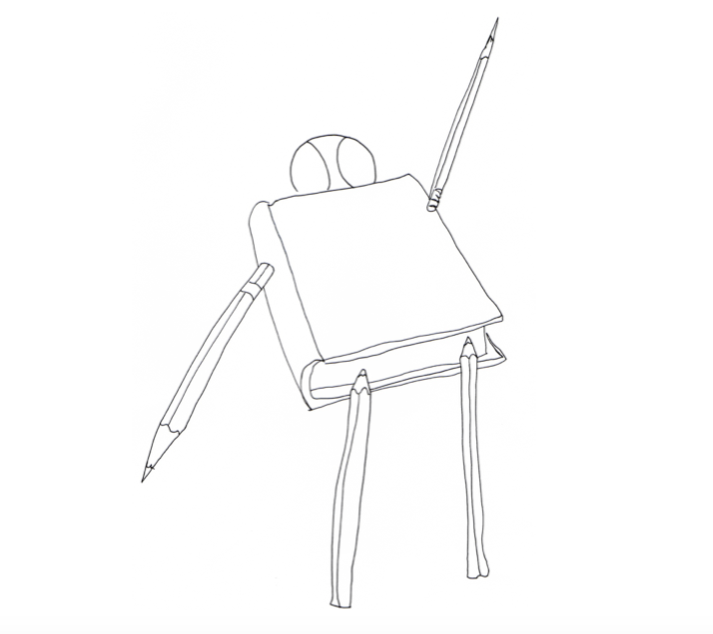Andrew Day | Mine Do It Already: Nought To Reasoning In 60 Seconds
One of our experienced specialists, Andy Day offers a simple activity to test children's reasoning abilities.
Posted by on 15th September 2014 at 12:00am
Category: Philosophy, P4C, Maths
What’s Philosophy Got To Do With It? Or… We’re Mates With Maths
When I told people that my work with philosophy for children had moved me into mathematics for children, and how we teach it, a lot of them were surprised. They are still surprised when I insist that philosophy and maths are closely related. For many, those two subjects would seem opposite ends of the spectrum: at one end is cold hard mathematics with its truths set in stone, and the other is philosophy, as vague and elusive as a puff of smoke. But this is to misunderstand them both.
Posted by Lubos Remplik on 15th August 2014 at 12:00am
Category: Philosophy, P4C, Maths
Shrunken Democrituses
I witnessed one of the most impressive philosophical exchanges today between some 10-year-olds that I’ve ever witnessed.
Posted by Lubos Remplik on 25th April 2014 at 12:00am
Category: Philosophy, P4C
Confusion Leading to Learning
Professor Brian Cox has spoken up for confusion – Plato would agree.
Posted by on 19th January 2013 at 12:00am
Category: Philosophy
Philosophy with Children on the Philosophy Now Radio Show
Primary school philosophy live on the Philosophy Now radio show, with children from All Saints School, Blackheath, Years 4-6 (ages 8-10). Run by Peter Worley, interviewed by Grant Bartley from Philosophy Now.
Available to listen to here: Philosophy with Children
This paper was written to aid our trainees, but also give insight into some of our techniques for doing P4C.
Posted by Philosophy Foundation Admin on 12th February 2012 at 12:00am
Category: Philosophy, P4C





